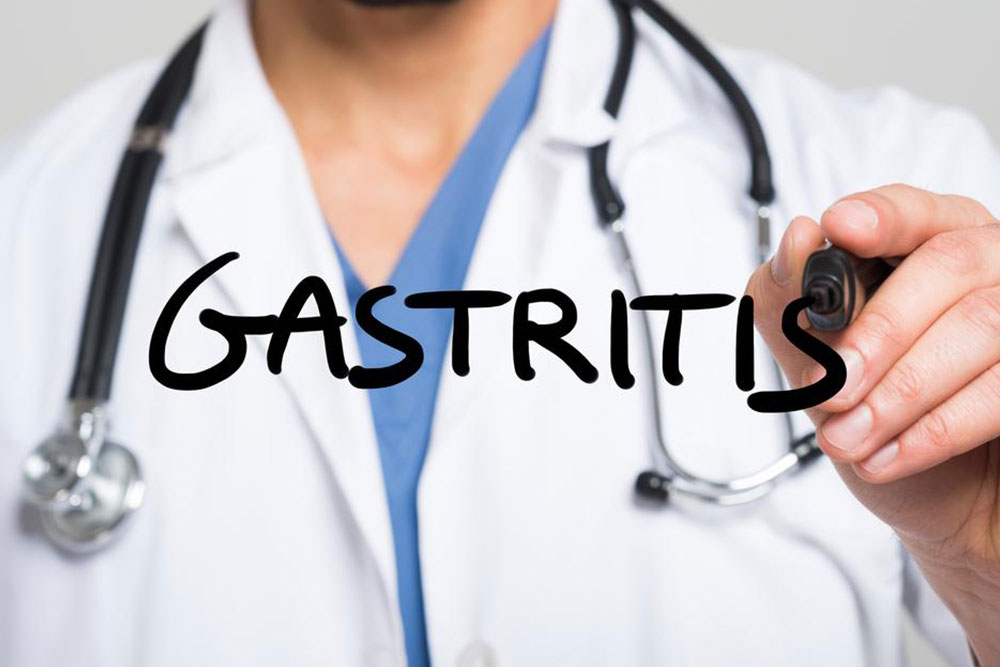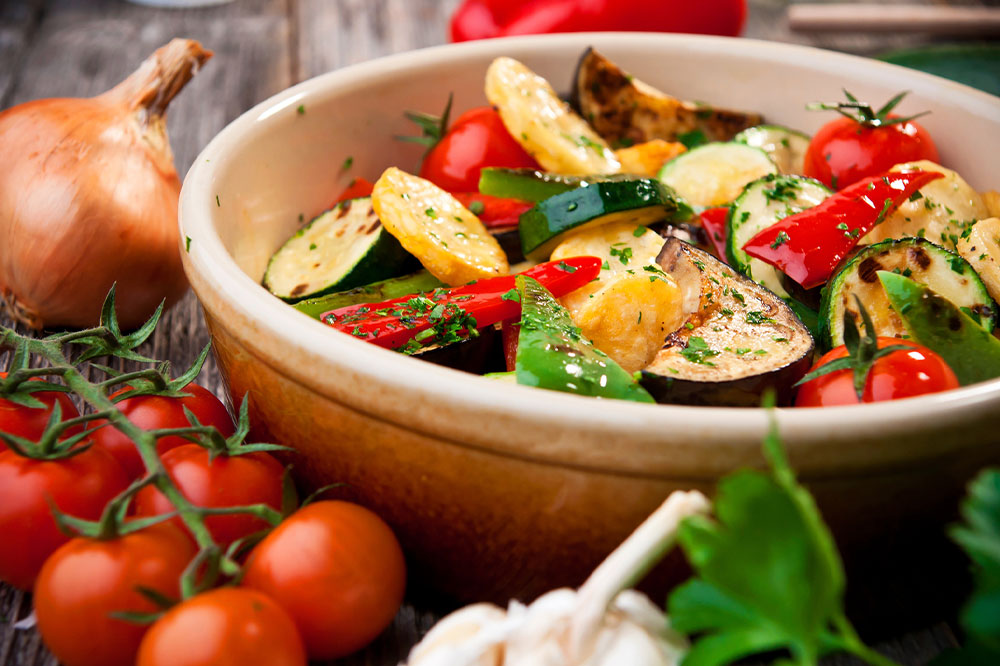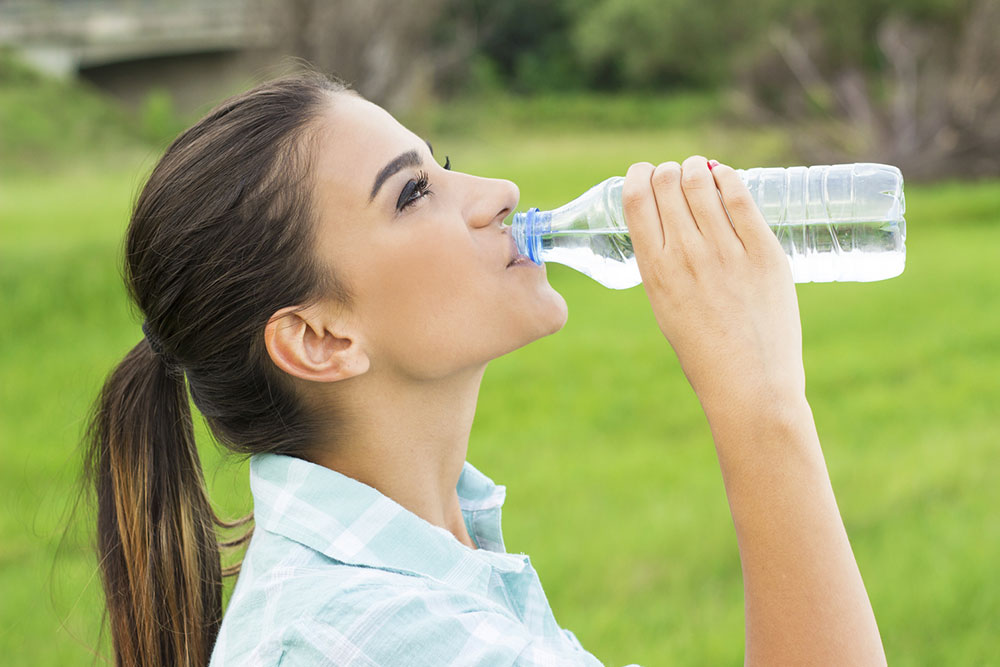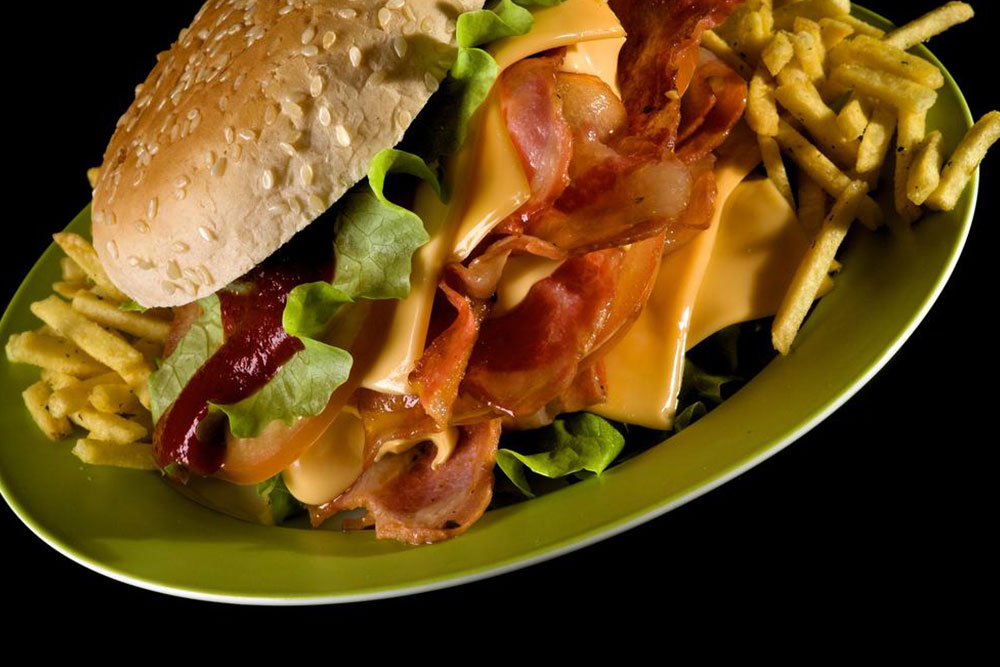Comprehensive Guide to Managing Gastritis: Foods to Avoid During Flare-Ups
This comprehensive guide explores essential dietary tips for managing gastritis, emphasizing foods to avoid during flare-ups. By understanding and avoiding triggers like dairy, tomatoes, citrus, caffeine, and alcohol, individuals can reduce symptoms and promote stomach healing. The article offers practical advice on food choices and management strategies to support gastrointestinal health, helping sufferers achieve relief and better quality of life through informed dietary decisions.

Comprehensive Guide to Managing Gastritis: Foods to Avoid During Flare-Ups
Gastritis, a condition characterized by inflammation of the stomach lining, can cause significant discomfort and affect daily life. Symptoms often include burning stomach pain, nausea, vomiting, bloating, and sometimes bleeding. The severity of gastritis can vary widely—from mild irritation that resolves quickly with simple dietary adjustments to severe inflammation requiring medical intervention. Proper management of your diet plays a crucial role in alleviating symptoms, promoting healing, and preventing further damage to the stomach lining.
Understanding which foods can trigger or aggravate gastritis symptoms is essential for effective symptom management. Certain foods can increase acidity, cause irritation, or lead to bloating and discomfort, especially during flare-ups. Avoiding these foods can significantly reduce the severity and frequency of symptoms, allowing the stomach lining to recover more comfortably. This article provides an in-depth look at dietary tips for managing gastritis, highlighting specific foods to avoid during active episodes to promote healing and maintain gastrointestinal health.
Milk and Dairy Products: Dairy can be a double-edged sword for those with gastritis. Some individuals find that dairy products, particularly those high in lactose or lactic acid, can exacerbate symptoms such as bloating, stomach pain, or nausea. Conversely, others tolerate probiotic-rich dairy or low-lactose options without issues. It’s advisable to monitor your body’s response to different dairy products and consider eliminating or reducing intake during flare-ups. Opting for dairy alternatives like almond, soy, or oat milk may provide relief without compromising nutritional intake.
Raw and Cooked Tomatoes: Tomatoes are naturally acidic and can irritate the inflamed gastric mucosa, intensifying symptoms such as burning sensation or pain. During gastritis flare-ups, it’s best to avoid raw tomatoes and tomato-based products like sauces and soups. If you crave tomato flavor, consider experimenting with non-acidic vegetables or herbs that are gentle on the stomach, and always pay attention to personal tolerance levels.
Citrus Fruits and Juices: Fruits such as oranges, lemons, limes, and grapefruits contain high levels of citric acid, which can increase stomach acidity and cause or worsen discomfort during gastritis episodes. Citrus juices are similarly problematic. Replacing these with milder, non-acidic fruits like bananas, melons, or apples can help maintain nutritional diversity while minimizing irritation. Staying hydrated with non-citrus herbal teas or water is recommended during flare-ups.
Caffeinated Drinks: Coffee, black tea, and green tea contain caffeine, which can stimulate acid production in the stomach, leading to increased pain and discomfort. During active gastritis, replacing caffeinated beverages with decaffeinated options or herbal teas such as chamomile, ginger, or licorice can soothe the stomach lining. Additionally, limiting overall caffeine intake helps reduce irritation and promotes healing.
Alcohol: Alcohol is a significant irritant that can damage the stomach lining and worsen inflammation. It can interfere with the stomach's ability to produce protective mucus, leading to increased vulnerability to ulcers and bleeding. During gastritis flare-ups, abstaining from alcohol is highly recommended. Even moderate drinking might be problematic, and avoiding it altogether during active inflammation is a prudent approach to support recovery and prevent complications.
In summary, dietary management is a cornerstone of gastritis treatment. By avoiding foods that increase acidity, cause irritation, or promote bloating, individuals can alleviate symptoms and promote healing of the inflamed stomach lining. Always consult healthcare professionals for personalized dietary recommendations, especially if symptoms persist or worsen. Adopting a gentle, anti-inflammatory diet during flare-ups can significantly improve quality of life and accelerate recovery from gastritis.





